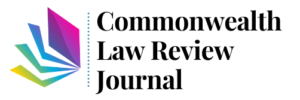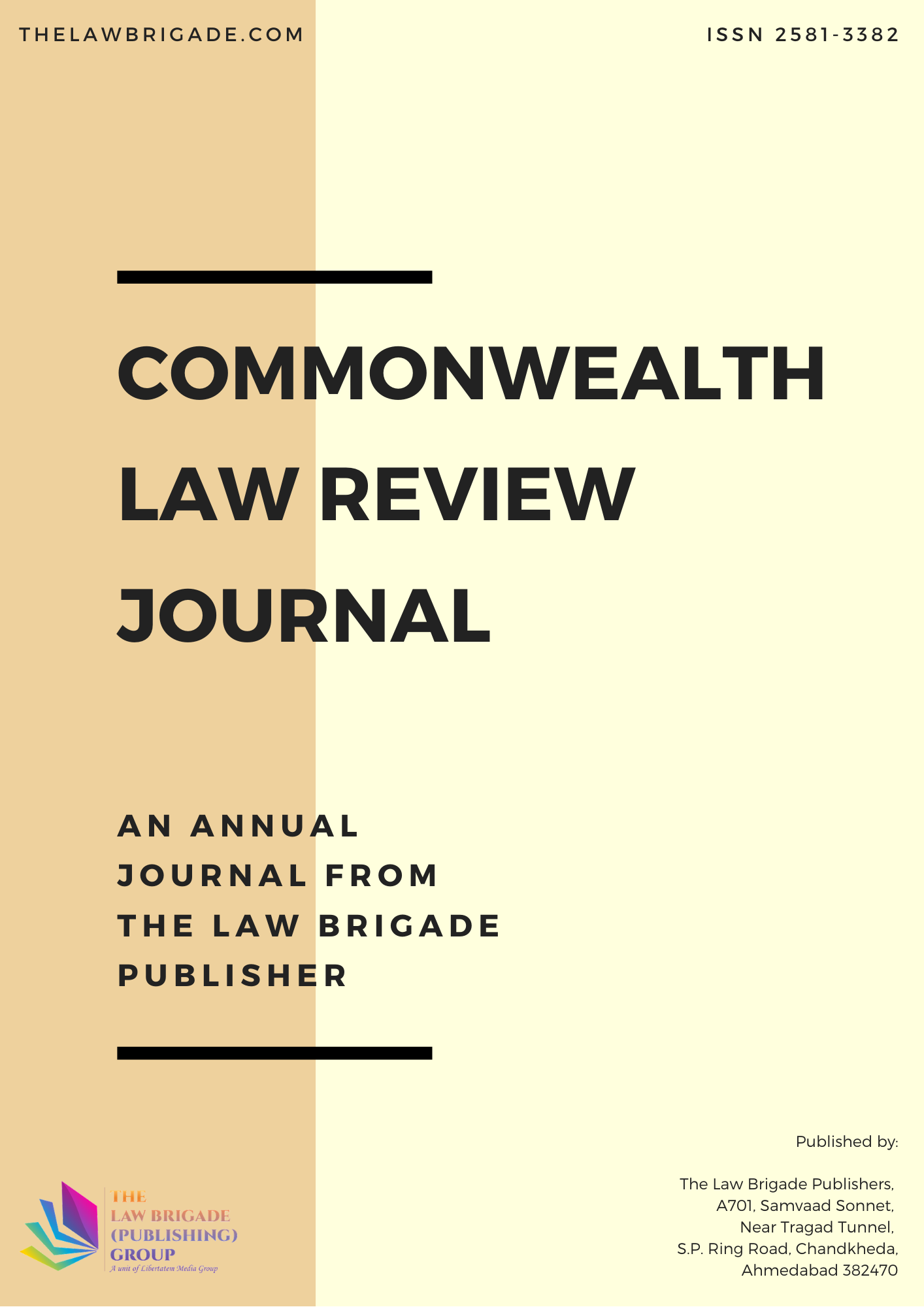WTO rule of law has left a wide margin that members often use to manipulate trade rules to suit their home policies ranging from general exceptions[i] to regional groupings. GATT Article XX exempts measures from being considered WTO violations based on various domestic policy goals, including protection of public morals (subparagraph (a)), protection of human, animal or plant life or health (subparagraph (b)), customs enforcement/cross-border regulations .The Appellate Body had earlier declared that it is for the Member invoking Article XXIV as a defence or justification for by-passing basic GATT/WTO obligations to demonstrate that the Regional Trade Agreement at issue is fully compatible with Article XXIV and that the measure challenged was necessary for the formation of the Regional Trade Agreement[ii].However, the settlement of these apparently conflicting goals through exceptions to the principle put in place has recently become a primary source of international trade conflicts. In sum, these exceptions according to some legal minds are the brain behind disguised restrictions on trade and discriminatory regulations.
[i] Gabrielle Marceau, Ph.D. is Counselor in the WTO Secretariat. The opinions expressed are strictly personal and cannot be attributed to the WTO Secretariat or the WTO Members. This paper is based on a previous paper which I did with my previous colleague Ichiro Araki entitled “GATT/WTO CODE OF CONDUCT The Legal Management of International Trade Relations”, first published in Global Governance, Jin-Young Chung (Ed.), 1997, The Sejong Institute.
[ii]WTO Article XXIV.





